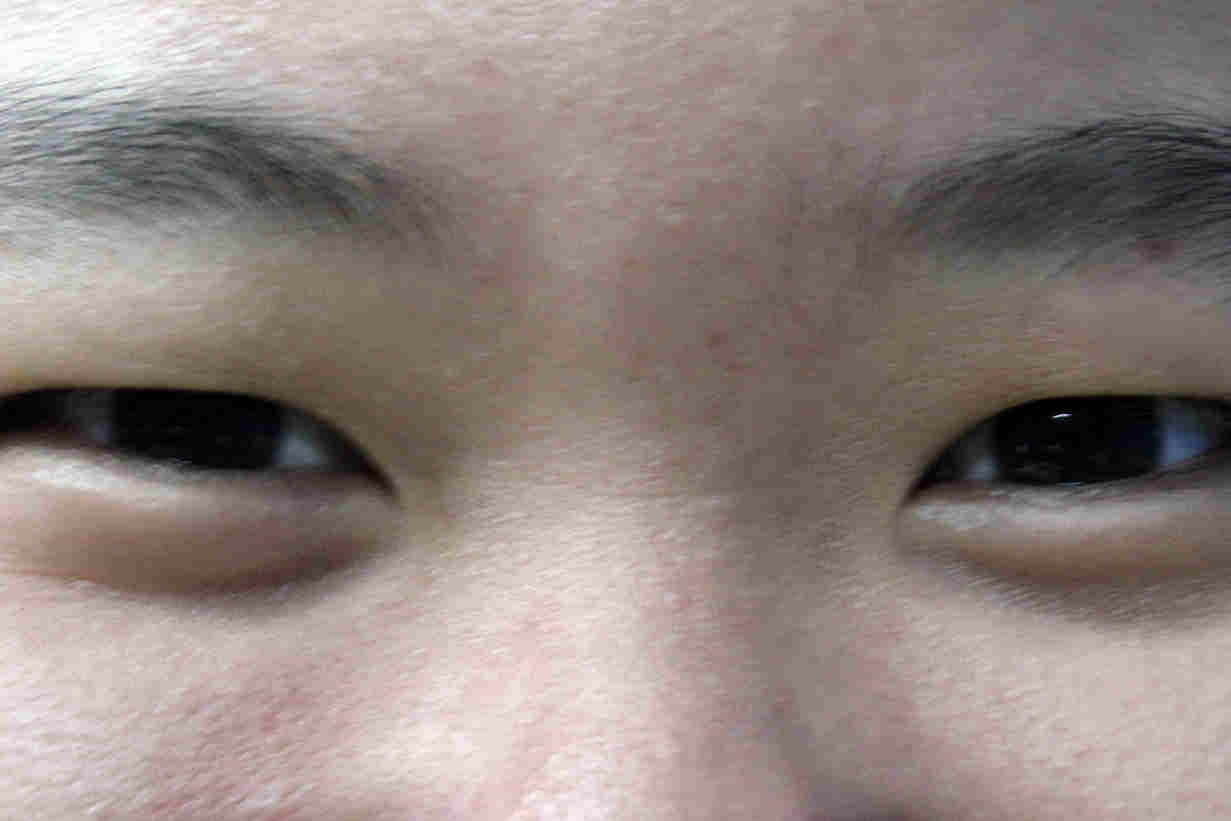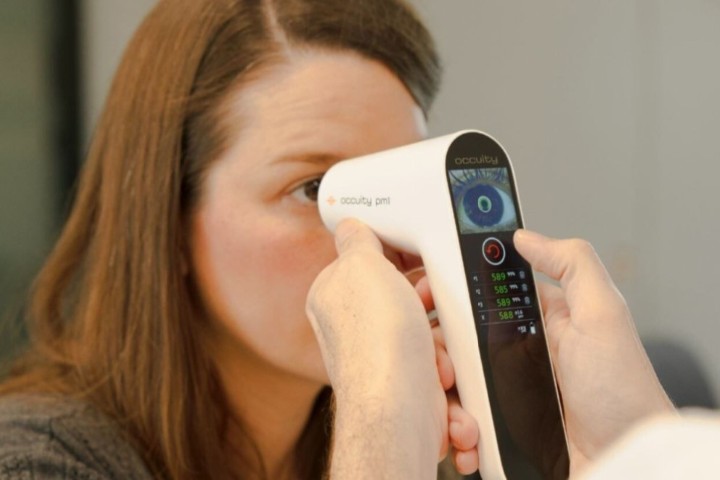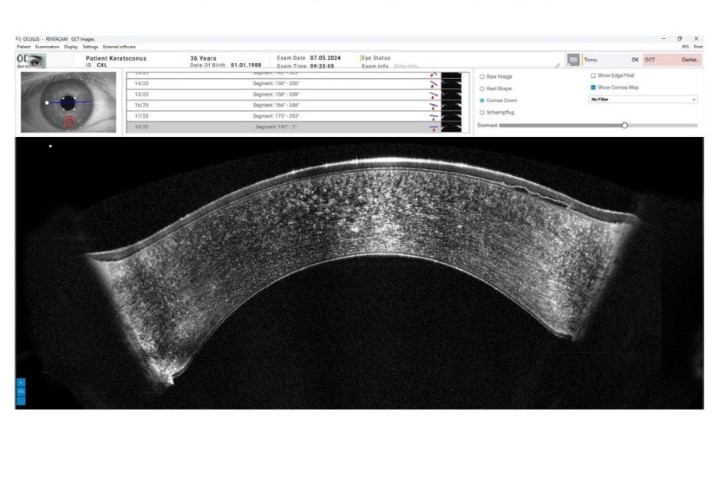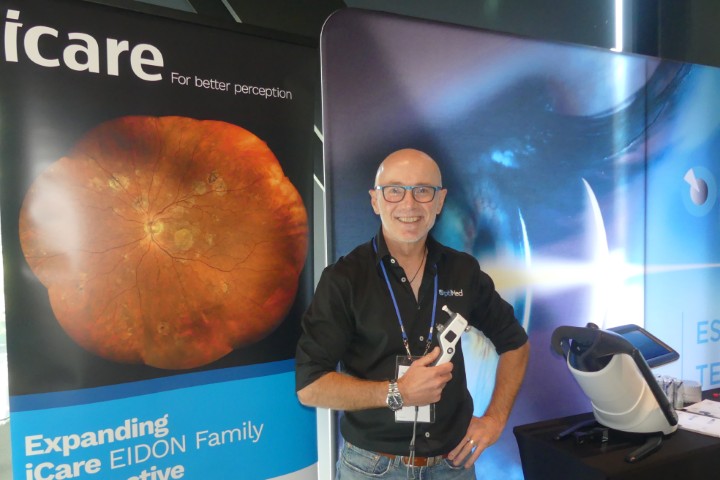China deploys AI fundus scans
A Chinese hospital has begun offering free consultations using artificial-intelligence (AI) cameras to detect ocular fundus diseases, which are a major cause of blindness, according to Chinese news agency Xinhua.
Deqing county hospital in Guangdong Province became the first to use the device, co-developed by China's search engine Baidu and Sun Yat-sen University, to serve the general public, Baidu told Xinhua.
The instrument has previously been piloted in hospitals in nine Chinese provinces, Baidu reported, saying it is capable of diagnosing three types of fundus disorders -- diabetic retinopathy, glaucoma and macular degeneration, with 94% accuracy. It scans the eyes and generates a report in 10 seconds, all without the need for an ophthalmologist to be present.
Fundus diseases are a major cause of blindness in the developing world, where a lack of eye doctors and instruments has stymied timely diagnosis and treatment. Xu Yanwu, a Baidu engineer developing the instrument, said the AI cameras were specifically designed to address the lack of medical instruments and ophthalmologists at grassroots health facilities.
"It is easy to use and can be operated by a non-professional. Its 94% sensitivity and specificity at analysing photos can match that of a senior doctor at a tertiary hospital," Xu said.
Many Chinese hospitals are already engaged in AI research, according to Zhang Meifen, an ophthalmologist at the Peking Union Medical College Hospital who is not involved in the Baidu project.
Xinhua said Zhang acknowledged the prospects that smarter computers may cause some job losses in hospitals in the long term, but insisted that experts are unlikely to be affected.
"Diseases and their treatments are always in a process of change and evolution, so human doctors are always needed to work out tailored solutions," she said.


























